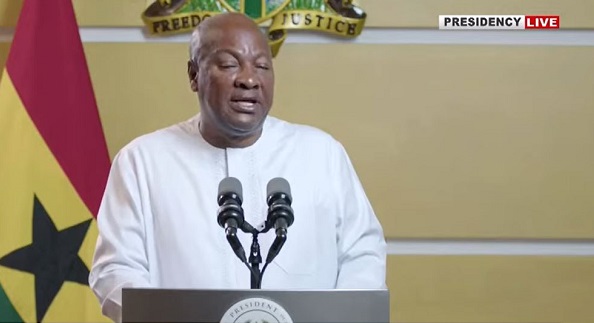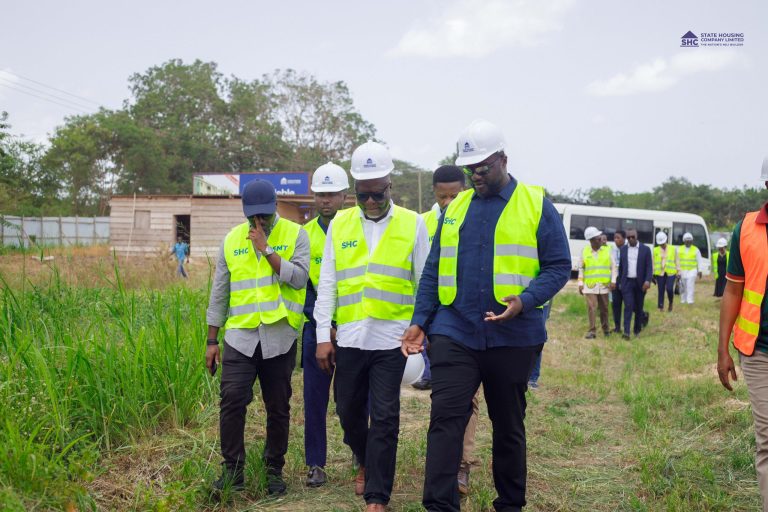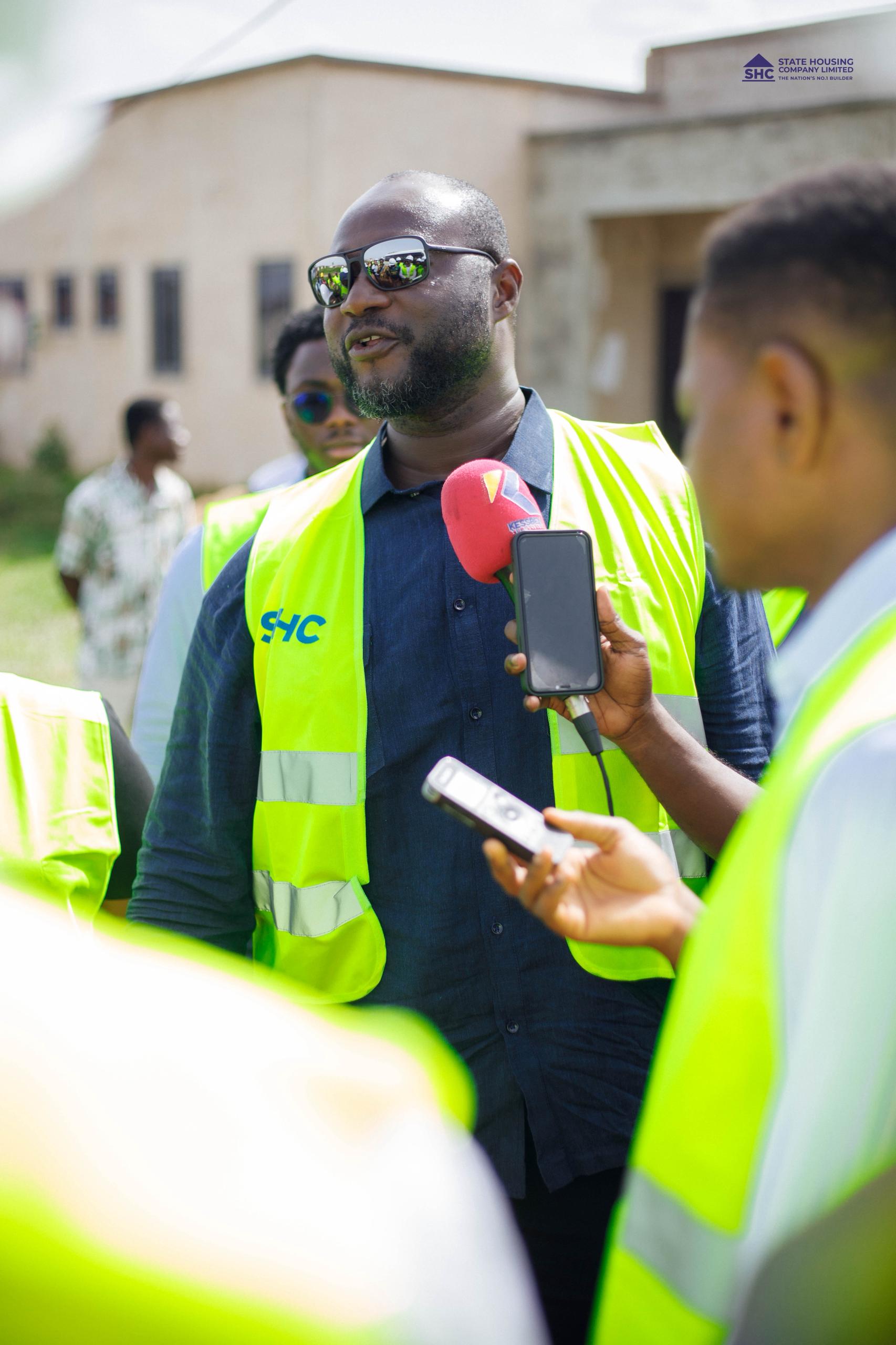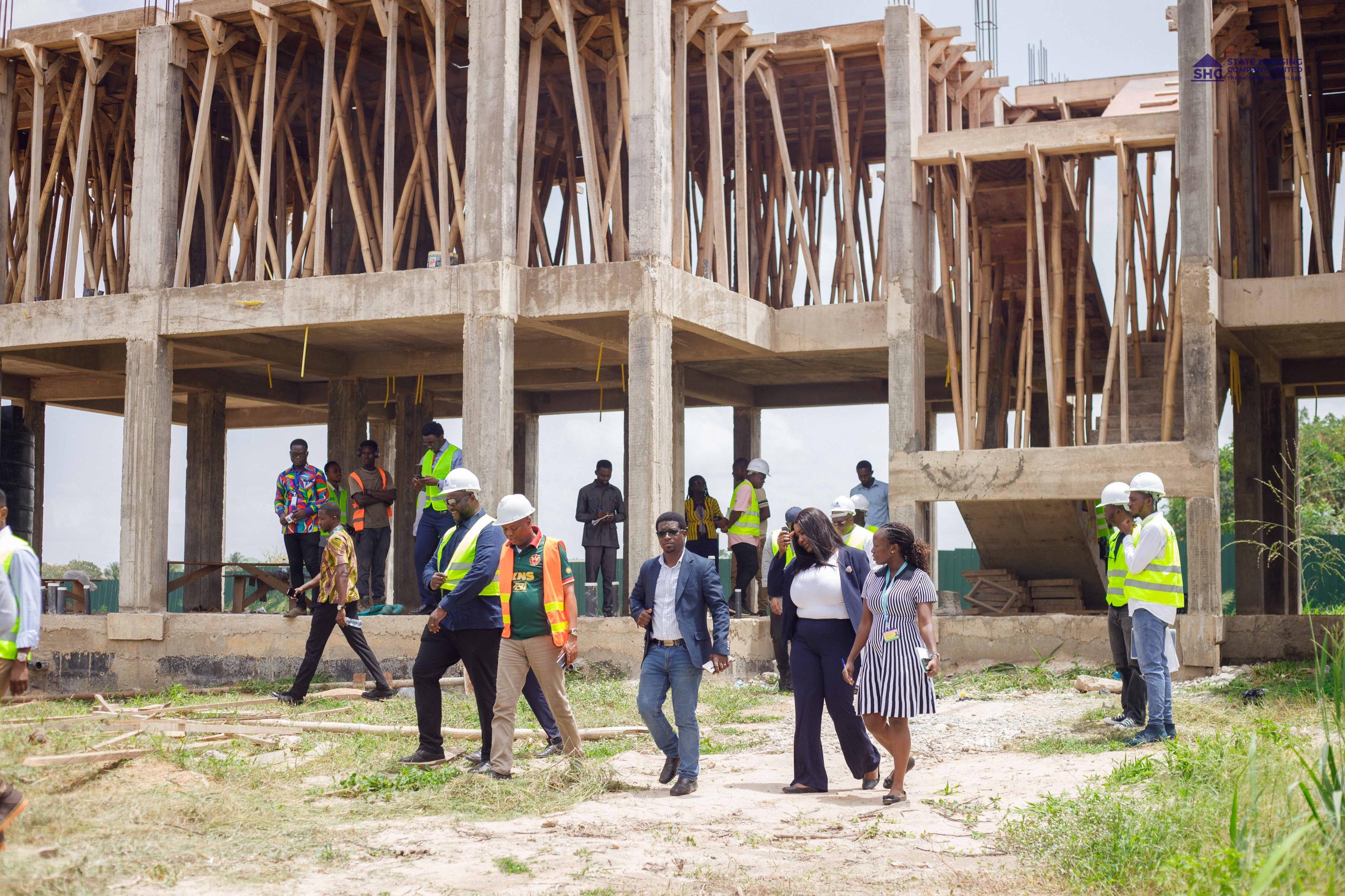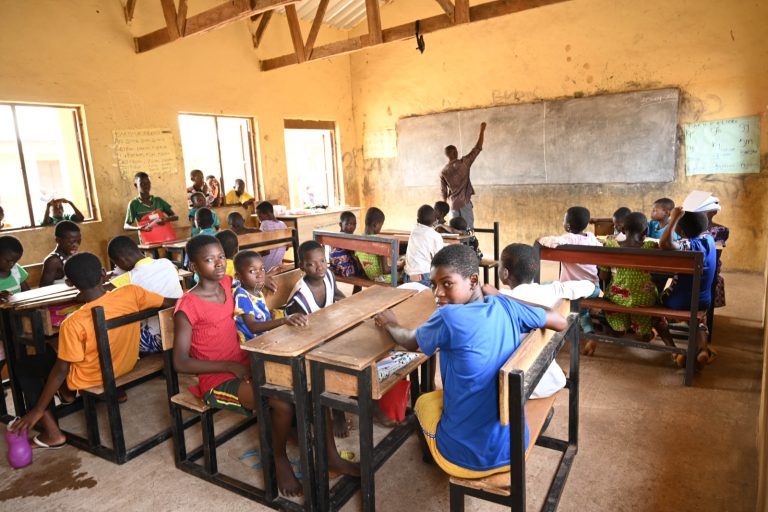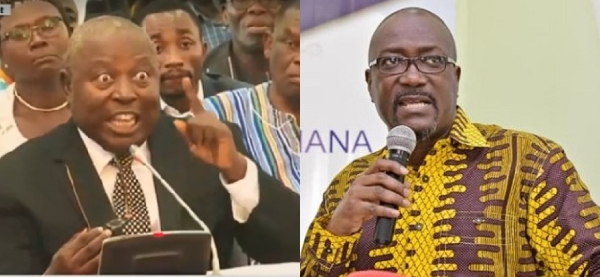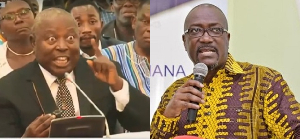Introduction
Ghana’s real estate sector is at a critical juncture, facing the dual challenges of rapid urbanisation and insufficient regulatory oversight. As the nation experiences significant economic growth, the gap between housing prices and the incomes of ordinary Ghanaians has widened alarmingly (World Bank, 2021). This article explores the complexities of Ghana’s unregulated real estate market, particularly its implications for the working class, including government employees, civil servants, and small business owners. It advocates for comprehensive reforms to ensure housing is a right accessible to all, rather than a privilege for the affluent.
The Current Landscape: A Market in Disarray
Over the past decade, Ghana’s real estate market has transformed dramatically. Urbanisation has accelerated, with cities like Accra and Kumasi expanding rapidly as people migrate from rural areas in search of better opportunities (Ghana Statistical Service, 2020). This influx has led to a surge in housing demand, but supply has not kept pace, resulting in skyrocketing property prices that make homeownership an elusive dream for many (Ghana Real Estate Market Report, 2022).
The lack of regulation has allowed unscrupulous developers to exploit the system, marketing high-end properties at astronomical prices while neglecting the needs of the majority. These developments are often rumoured to serve as vehicles for money laundering, distorting the market and undermining the integrity of the real estate sector (Transparency International, 2020).
The Impact on the Working Class
The consequences of an unregulated market are particularly dire for government employees, civil servants, and small business owners—groups that form the backbone of Ghana’s economy. With stagnant wages and rising living costs, many in the working class struggle to secure decent housing (International Labour Organisation, 2021). The dream of homeownership becomes increasingly distant, leading to frustration and disillusionment.
For government employees and civil servants, the situation is exacerbated by a lack of affordable housing options. Modest salaries do not align with soaring real estate prices, leaving little for education, healthcare, or savings, perpetuating a cycle of poverty (Ghana National Housing Policy, 2015). Small business owners face similar challenges, as high housing costs limit their ability to invest in their enterprises and create jobs (Ghana Business and Trade Report, 2021).
The Need for Regulation and Structure
To address these pressing issues, Ghana’s real estate sector requires significant reform. A well-structured regulatory framework is essential to ensure housing is accessible and affordable for all Ghanaians. Key areas for immediate attention include:
Establishing a Regulatory Body: The government should create an independent authority to oversee the real estate sector, enforcing standards, monitoring property prices, and ensuring compliance with zoning laws and building codes (Ghana Real Estate Regulatory Authority, 2022). Effective enforcement of regulations is crucial to curb irregularities and restore confidence in the market.
Promoting Affordable Housing Initiatives: The government should incentivise developers to create affordable housing projects through tax breaks, subsidies, and low-interest loans. Public-private partnerships can also be explored to fund large-scale developments that cater to the working class (United Nations Habitat, 2020).
Encouraging Community Development: Local governments should engage with communities in the planning and development process. Involving residents in decision-making can lead to developments that reflect their needs and foster a sense of ownership (Ghana Local Governance Act, 2016).
The Role of Technology in Real Estate
Integrating technology into Ghana’s real estate sector can enhance transparency and accessibility. Digital platforms for property listings, transactions, and communication can streamline processes and reduce opportunities for fraud.
Online Property Listings: A comprehensive online database of available properties can empower potential buyers and renters to make informed decisions (Ghana Real Estate Technology Report, 2022).
Virtual Tours and Augmented Reality: These technologies can revolutionise property marketing, allowing prospective buyers to explore homes remotely and saving time and resources (International Journal of Real Estate Studies, 2021).
Data Analytics for Market Insights: Leveraging data analytics can provide valuable insights into market trends, helping stakeholders make informed decisions (Ghana Statistical Service, 2020).
The Importance of Sustainable Development
As Ghana’s real estate sector evolves, prioritising sustainable development practices is crucial. Rapid urbanisation has led to environmental challenges, including deforestation and pollution. Sustainable housing solutions can mitigate these issues while promoting long-term economic growth.
Green Building Practices: Encouraging eco-friendly materials and energy-efficient designs can reduce the environmental impact of construction (Ghana Environmental Protection Agency, 2021).
Urban Green Spaces: Integrating green spaces into urban planning enhances residents’ quality of life and contributes to improved air quality (Ghana Urban Development Policy, 2019).
Public Transport Accessibility: Ensuring new housing developments are well-connected to public transport networks can reduce reliance on private vehicles, alleviating traffic congestion and lowering carbon emissions (Ghana Transport Policy, 2020).
The Role of International Partnerships
To effectively reform Ghana’s real estate sector, collaboration with international organisations and foreign investors can provide valuable resources and expertise. By fostering partnerships, Ghana can leverage best practices from other countries and attract investment in affordable housing projects.
Engaging with NGOs: Non-governmental organisations focused on housing and urban development can offer technical assistance and funding for affordable housing initiatives (United Nations Development Programme, 2021).
Attracting Foreign Investment: Creating a conducive environment for foreign investors can stimulate growth in the real estate sector. This includes simplifying the investment process and ensuring legal protections for investors (Ghana Investment Promotion Centre, 2022).
Learning from Global Best Practices: Studying successful housing policies from other countries can provide valuable insights for Ghana, allowing the government to implement effective solutions tailored to local challenges (World Bank, 2021).
The Role of Cultural Heritage in Housing Development
Incorporating cultural heritage into housing development can enhance community identity and pride. Recognising the importance of cultural values in housing policies is essential for creating inclusive and accepted developments.
Cultural Preservation Initiatives: Supporting initiatives that preserve cultural heritage sites and integrate them into housing developments can enhance neighbourhood aesthetics and promote tourism.
Community Engagement in Design: Involving communities in the design process ensures that new housing developments reflect local cultural values, leading to more successful projects.
Cultural Education Programs: Implementing cultural education programs within housing developments can foster a sense of belonging and community pride, celebrating local traditions.
The Impact of Global Economic Trends on Housing
Global economic trends can significantly influence Ghana’s housing market. Understanding these trends is essential for developing effective housing policies.
Foreign Investment Fluctuations: Changes in global economic conditions can impact foreign investment in Ghana’s real estate sector. The government should monitor these trends and adapt policies accordingly.
Commodity Prices and Housing Costs: Fluctuations in commodity prices can affect construction costs and housing prices. The government should implement strategies to mitigate these impacts.
Global Housing Trends: Keeping abreast of global housing trends can provide valuable insights for Ghana’s real estate sector, allowing for adaptation and innovation in housing policies.
The Role of Youth in Housing Development
Engaging the youth in housing development can bring fresh perspectives and innovative ideas to the sector. Their involvement can lead to more dynamic and responsive housing solutions.
Youth-Led Initiatives: Encouraging youth-led housing initiatives can empower young people to actively address housing challenges.
Internship and Training Opportunities: Providing internship and training opportunities in the real estate sector can equip young people with valuable skills and knowledge.
Advocacy and Representation: Ensuring youth voices are represented in housing policy discussions is crucial for influencing the direction of housing initiatives.
The Importance of Mental Health in Housing Policies
Housing stability is closely linked to mental health, making it essential for housing policies to consider residents’ psychological well-being. Secure and affordable housing can significantly reduce stress and anxiety.
Supportive Housing Models: Implementing supportive housing models that provide access to mental health services can help vulnerable populations.
Community Mental Health Initiatives: Promoting community mental health initiatives can enhance residents’ well-being in housing developments.
Awareness Campaigns: Raising awareness about the importance of mental health about housing can help reduce stigma and encourage individuals to seek help.
The Role of Housing Cooperatives
Housing cooperatives can provide an alternative model for homeownership and community living. By pooling resources, individuals can access affordable housing options while fostering a sense of community.
Collective Ownership Models: Establishing housing cooperatives allows members to collectively own and manage properties, reducing costs and providing stability.
Support for Cooperative Development: The government can support the formation of housing cooperatives by providing training, resources, and access to financing.
Promoting Inclusivity: Housing cooperatives can ensure diverse groups have access to affordable housing options, creating more equitable neighbourhoods.
Enhancing Housing Quality and Safety
Ensuring that housing is not only affordable but also safe and of high quality is essential for residents’ well-being. The government must prioritise quality standards in housing development.
Building Codes and Standards: Implementing and enforcing strict building codes can ensure new developments meet safety and quality standards.
Renovation and Upgrading Initiatives: Supporting initiatives that focus on renovating existing housing stock can improve living conditions for many Ghanaians.
Community Safety Measures: Incorporating safety measures into housing developments can enhance overall neighbourhood safety.
The Importance of Public-Private Partnerships
Public-private partnerships (PPPs) can be instrumental in addressing housing shortages and improving housing quality in Ghana. By leveraging the strengths of both sectors, innovative solutions can emerge.
Collaborative Housing Projects: Engaging private developers in public housing initiatives can lead to the creation of high-quality, affordable homes. By sharing resources and expertise, both sectors can work together to meet the housing needs of the population.
Risk Sharing: PPPs can help distribute the financial risks associated with housing development. By sharing risks, the government can encourage private investment in affordable housing projects, making it more attractive for developers to participate.
Innovative Financing Models: Exploring innovative financing models through PPPs can provide the necessary capital for large-scale housing projects. This could include social impact bonds or blended finance approaches that combine public and private funding sources.
The Role of Local Governments in Housing Development
Local governments play a crucial role in the planning and implementation of housing policies. Their proximity to communities allows them to understand local needs better and respond effectively to housing challenges.
Decentralised Planning: Empowering local governments to develop their housing strategies can lead to more tailored solutions. By decentralising the planning authority, communities can address their unique housing needs and priorities.
Incentives for Local Development: Local governments can create incentives for developers who focus on affordable housing projects, such as reduced fees for permits or expedited approval processes.
Monitoring and Evaluation: Establishing mechanisms for monitoring and evaluating housing projects at the local level can ensure accountability and effectiveness. Regular assessments can help identify areas for improvement.
Addressing Climate Change in Housing Policies
As climate change poses increasing challenges, it is essential for Ghana’s housing policies to incorporate strategies for resilience and sustainability.
Disaster-Resilient Housing: Promoting the construction of disaster-resilient homes can help communities withstand the impacts of climate change, such as flooding and extreme weather events.
Sustainable Resource Management: Encouraging the use of sustainable materials and practices in housing construction can reduce environmental impact.
Climate Adaptation Strategies: Developing comprehensive climate adaptation strategies for urban areas can help mitigate the effects of climate change on housing.
The Importance of Cultural Sensitivity in Housing Development
Cultural considerations are vital in the planning and development of housing projects. Understanding the unique needs and preferences of different communities can lead to more successful and accepted housing solutions.
Culturally Relevant Designs: Housing developments should reflect the cultural values and traditions of the communities they serve. Engaging local artisans and builders can ensure that new homes are designed with cultural sensitivity in mind.
Community Consultation: Prioritising community consultation in the planning process can help identify specific cultural needs and preferences.
Preserving Heritage Sites: Protecting and preserving cultural heritage sites as urbanisation progresses is essential for enhancing community identity and pride.
The Role of Education in Housing Awareness
Education plays a crucial role in empowering citizens to navigate the complexities of the housing market. By enhancing knowledge about housing rights, financial literacy, and the home-buying process, individuals can make informed decisions.
Curriculum Integration: Incorporating housing education into school curricula can equip young people with essential knowledge about property rights and financial management.
Workshops and Seminars: Organising community workshops focused on housing issues can provide valuable information to residents.
Collaboration with Financial Institutions: Partnering with banks and microfinance institutions to offer educational programmes can help demystify the lending process.
Promoting Gender Equality in Housing
Gender disparities in housing access and ownership are prevalent in many societies, including Ghana. Addressing these inequalities is essential for creating a more inclusive real estate market.
Women’s Empowerment Initiatives: Implementing programmes that specifically target women can help them gain access to housing finance and ownership opportunities.
Legal Protections: Strengthening legal protections for women in property ownership and inheritance can help ensure equal rights in housing matters.
Community Support Networks: Establishing community support networks for women can provide resources and guidance in navigating the housing market.
Addressing Land Tenure Issues
Land tenure security is a significant concern in Ghana, with many individuals lacking formal ownership of the land they occupy. This uncertainty can hinder investment in housing and infrastructure.
Land Registration Reforms: Streamlining the land registration process can provide individuals with secure titles to their properties.
Community Land Trusts: Establishing community land trusts can help protect land from speculative development and ensure long-term affordability.
Conflict Resolution Mechanisms: Implementing effective dispute resolution mechanisms for land conflicts can help prevent tensions and promote stability.
Fostering Community Engagement
Community involvement is essential for creating housing solutions that truly meet the needs of residents. Engaging citizens in the planning and development process can lead to more effective and sustainable outcomes.
Participatory Planning: Implementing participatory planning processes allows residents to voice their concerns and preferences regarding housing developments.
Support for Local Initiatives: Encouraging grassroots initiatives can empower residents to take charge of their housing solutions.
Building Social Cohesion: Promoting social cohesion within communities can enhance the overall quality of life.
Enhancing Infrastructure Development
Infrastructure plays a vital role in the real estate sector, influencing property values and the overall quality of life for residents. To support the growth of affordable housing, the government must prioritise infrastructure development in urban areas.
Road and Transport Networks: Improving road access and public transport systems enhances connectivity between residential areas and employment centres, making commuting easier for residents and increasing the attractiveness of housing developments in previously underserved areas.
Utilities and Services: Ensuring that new housing developments are equipped with essential services such as water, electricity, and waste management is critical. The government should invest in upgrading existing infrastructure and expanding services to meet the needs of growing populations.
Smart City Initiatives: Embracing smart city technologies can improve urban living conditions and streamline service delivery. By integrating technology into urban planning, the government can create more efficient, sustainable, and livable cities.
Expanding Access to Housing Finance
One of the critical barriers to homeownership in Ghana is the lack of accessible financing options. Many potential homeowners struggle to secure loans due to high-interest rates, stringent lending criteria, and a lack of financial literacy. Addressing these issues is essential for enabling more Ghanaians to enter the housing market.
Microfinance Solutions: Expanding microfinance options can provide low-income individuals with the necessary capital to purchase or improve their homes. By offering smaller loan amounts with flexible repayment terms, microfinance institutions can cater to the unique needs of the working class.
Government-Backed Loans: The government could establish a housing finance scheme that offers subsidised loans to first-time homebuyers. By reducing interest rates and providing guarantees for lenders, the government can encourage financial institutions to lend to individuals who may otherwise be deemed too risky.
Financial Literacy Programs: Educating citizens about financial management and the home-buying process is crucial. Workshops and community outreach initiatives can empower individuals with the knowledge needed to navigate the housing market and make informed financial decisions.
Conclusion
The challenges facing Ghana’s real estate sector are significant, but with comprehensive reforms and a commitment to accessibility and sustainability, a brighter future is possible. By prioritising the needs of the working class, establishing a robust regulatory framework, and embracing technology, Ghana can create a real estate market that serves all its citizens. The time for action is now, and the government must take the lead in ensuring that housing is a right, not a privilege. Only through concerted efforts can Ghana achieve a more equitable and sustainable real estate sector that benefits everyone.
–
About the author: Dominic Senayah
An International Relations Researcher with a focus on Trade, Migration, and Diplomacy. I bring a diverse background in Business Development and Marketing Communications, which informs my analysis of global issues. My work aims to contribute to academic discourse and public understanding of the complex dynamics shaping international relations.
DISCLAIMER: The Views, Comments, Opinions, Contributions and Statements made by Readers and Contributors on this platform do not necessarily represent the views or policy of Multimedia Group Limited.
DISCLAIMER: The Views, Comments, Opinions, Contributions and Statements made by Readers and Contributors on this platform do not necessarily represent the views or policy of Multimedia Group Limited.
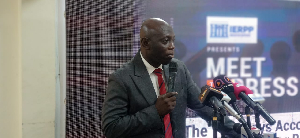 Prof Isaac Boadi, Executive Director of the Institute for Energy, Resources and Public Policy
Prof Isaac Boadi, Executive Director of the Institute for Energy, Resources and Public Policy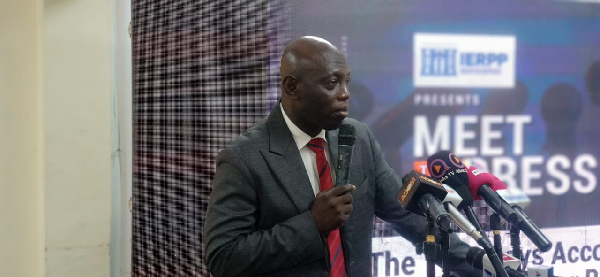
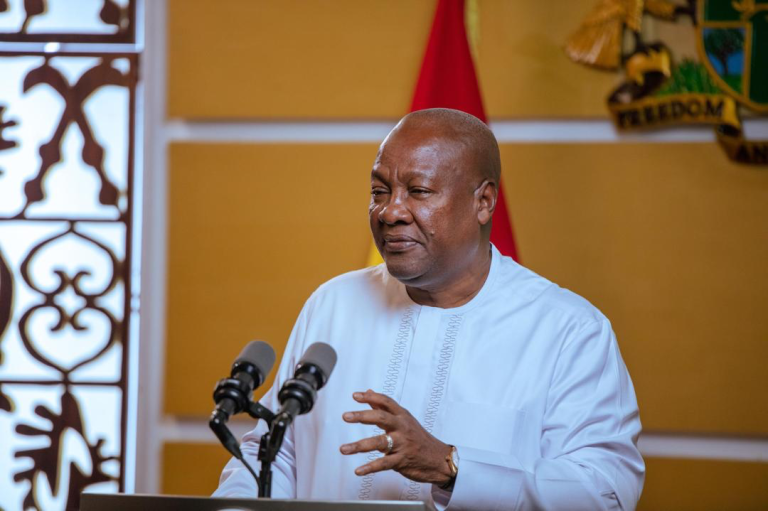

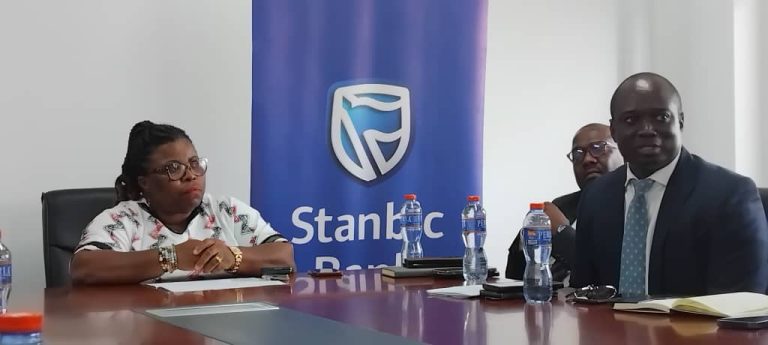



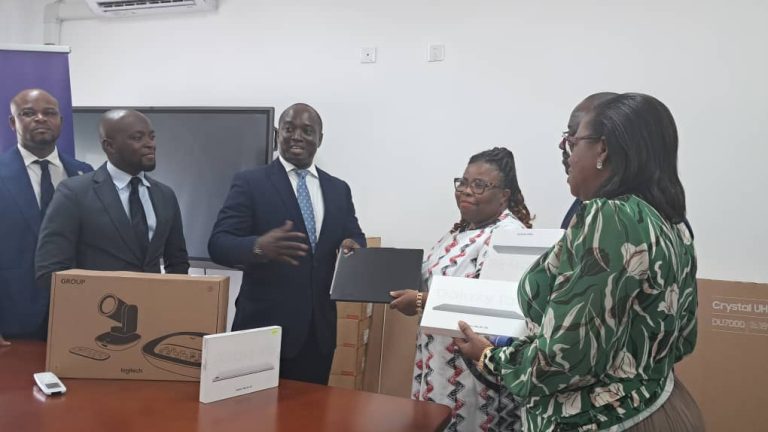



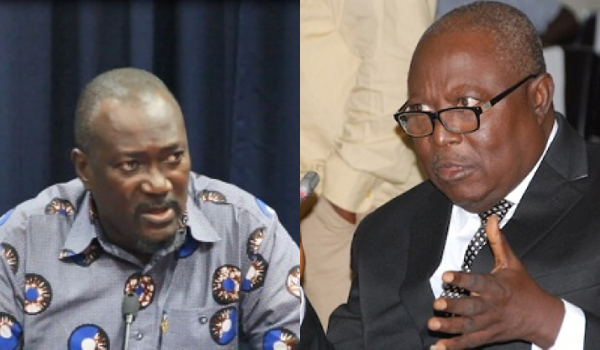
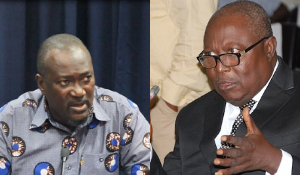
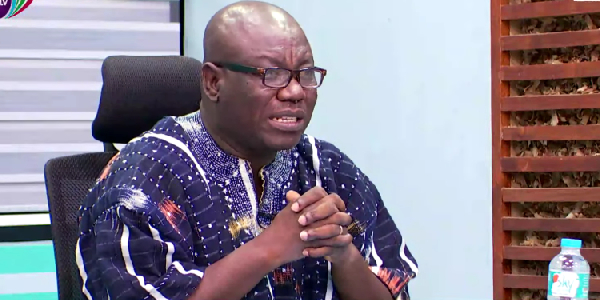
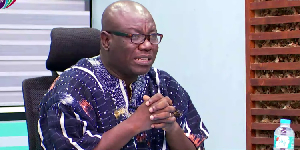




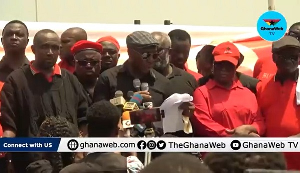
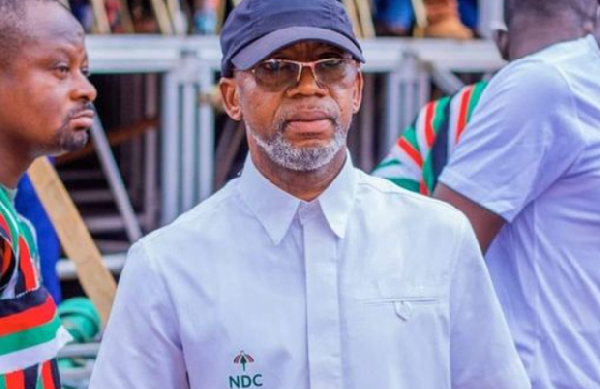
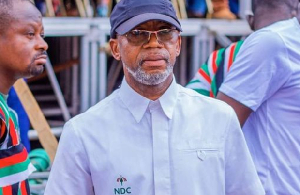

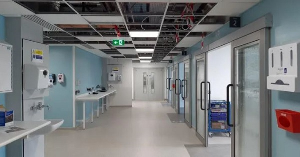
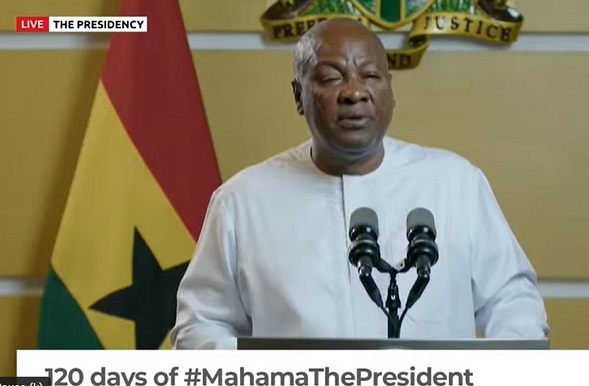
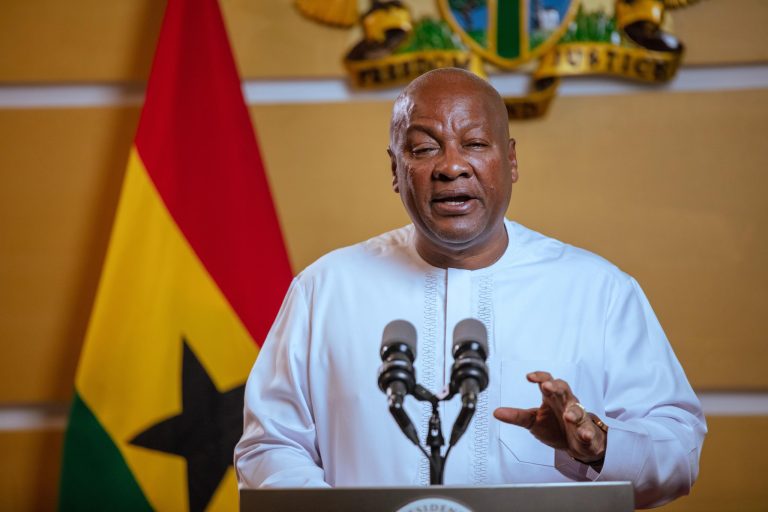
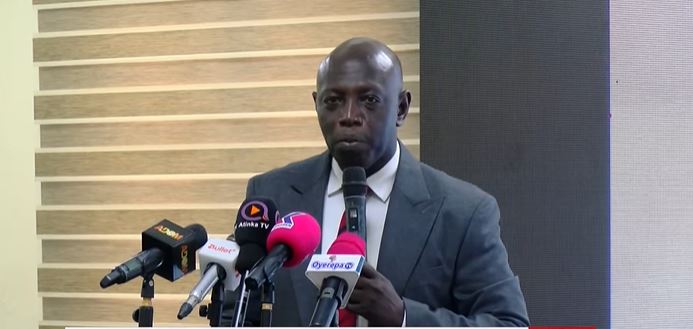

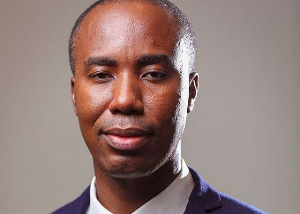
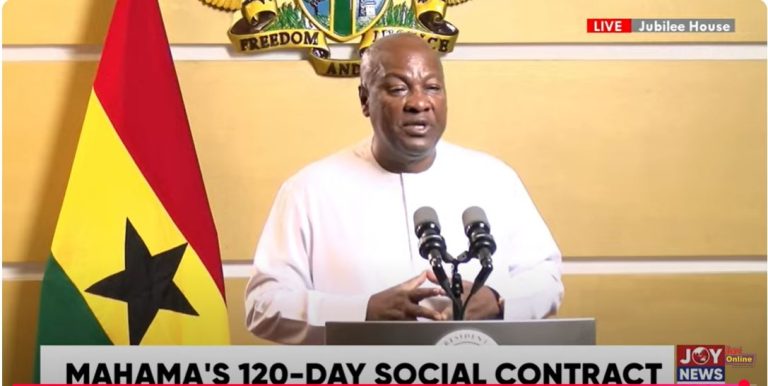


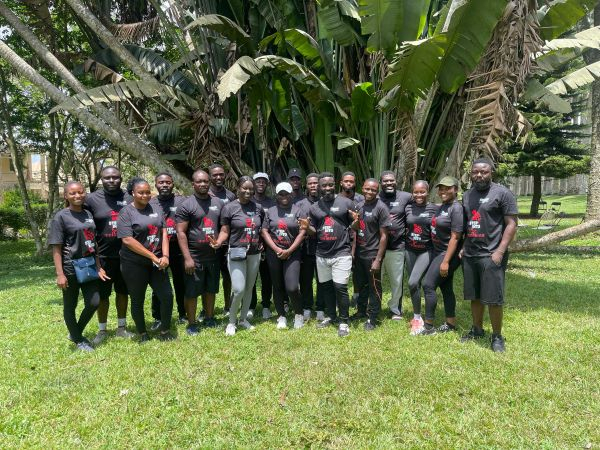
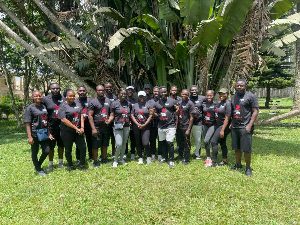



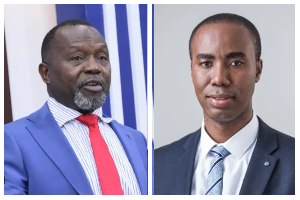

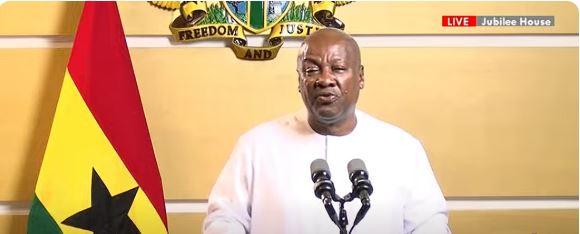
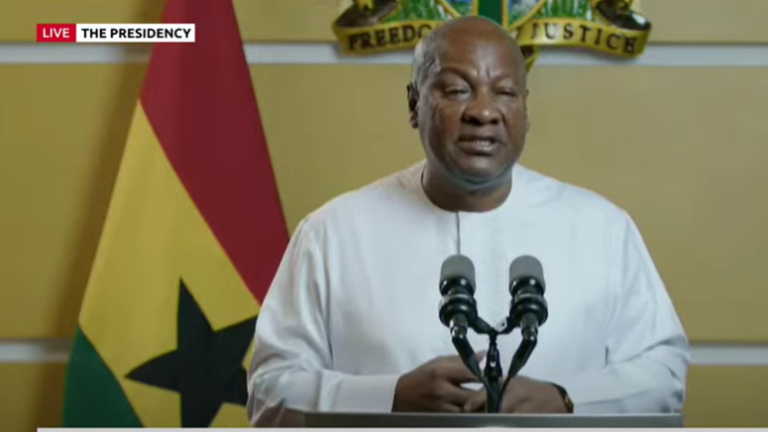
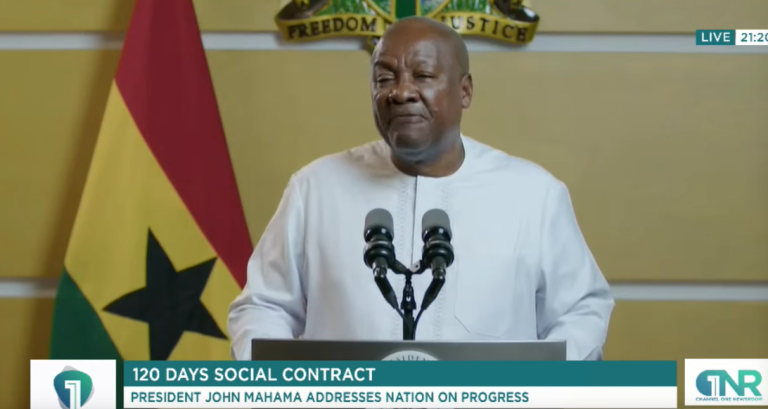
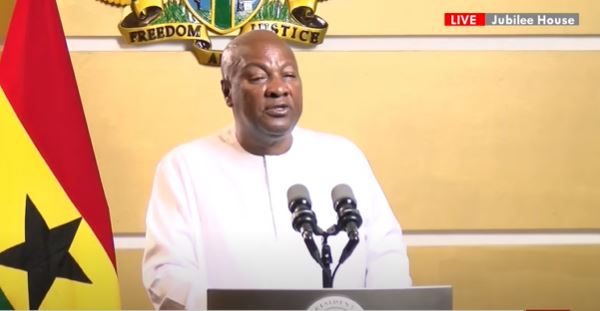

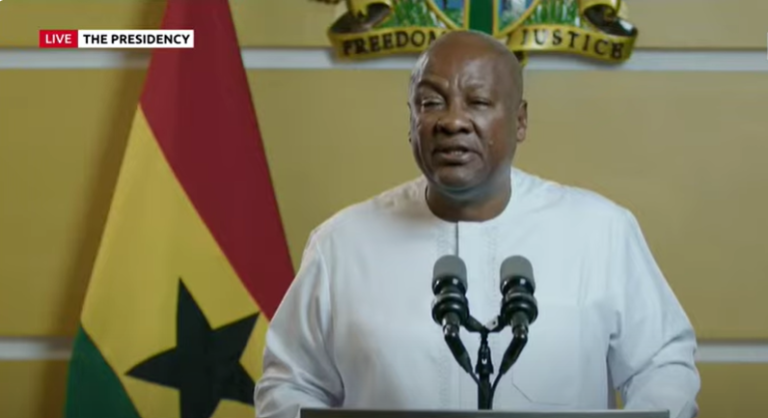
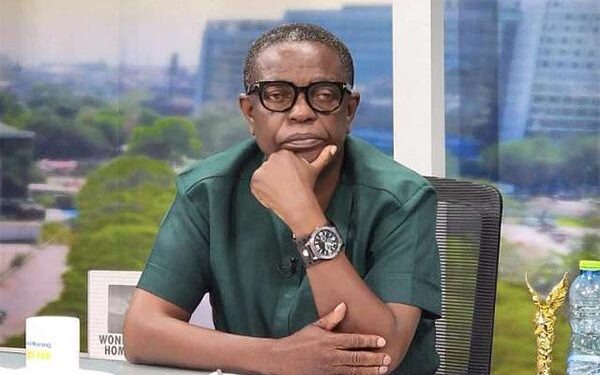



![[L-R] Kwabena Adu Boahene, file photo of a car and President John Dramani Mahama [L-R] Kwabena Adu Boahene, file photo of a car and President John Dramani Mahama](https://cdn.ghanaweb.com/imagelib/pics/837/83722451.295.jpg)



